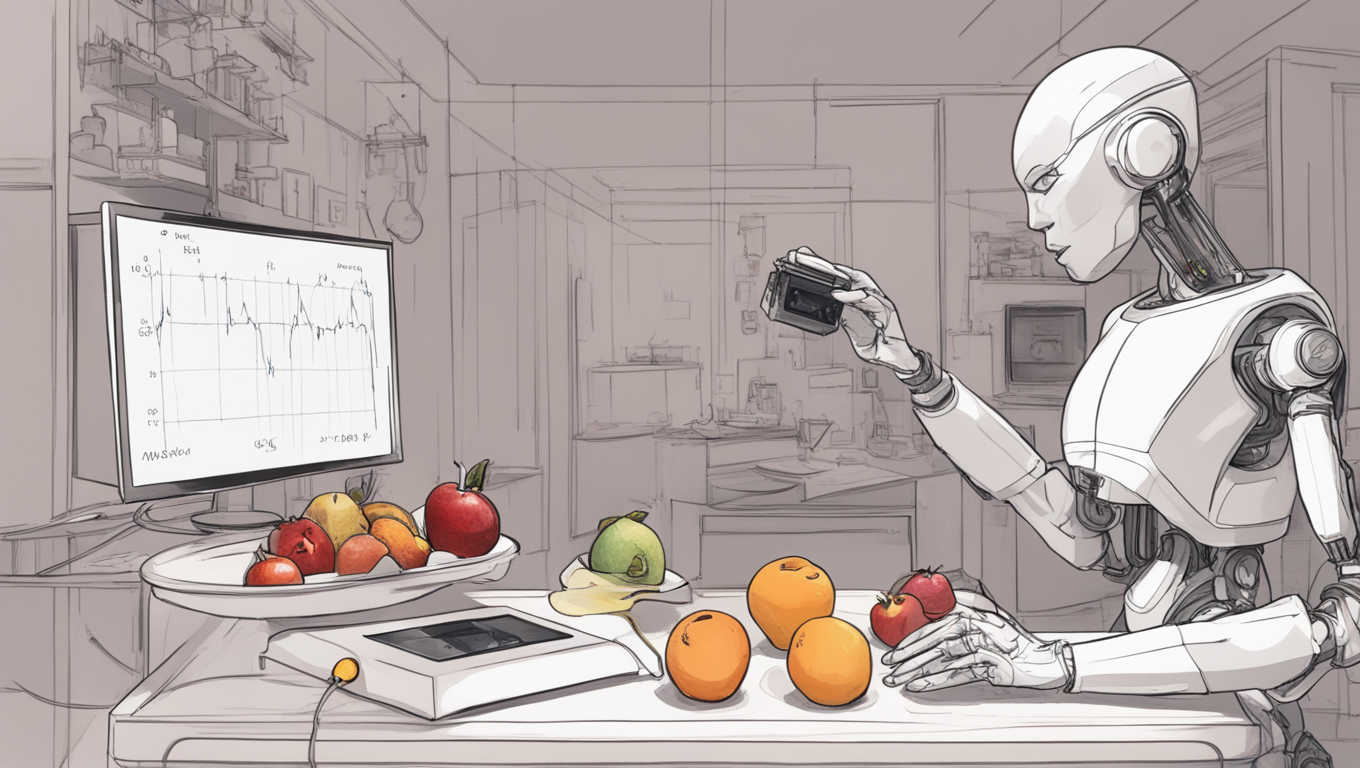A groundbreaking study suggests that individuals may soon be able to use voice technology on their smartphones to screen for diabetes. Researchers combined voice technology with artificial intelligence (AI) to create an AI model that can distinguish whether someone has type 2 diabetes. By analyzing just six to ten seconds of a person’s voice, along with basic health data like age, sex, height, and weight, the model achieved 89% accuracy for women and 86% for men.
The study, published in Mayo Clinic Proceedings: Digital Health, could be a major step forward in the detection of diabetes. Jaycee Kaufman, first author of the paper and a research scientist at Klick Labs, emphasized the potential impact of this research, stating, “Our research highlights significant vocal variations between individuals with and without type 2 diabetes and could transform how the medical community screens for diabetes.”
Currently, methods for detecting diabetes can be time-consuming, costly, and require travel. This new approach utilizing voice technology has the potential to eliminate these barriers entirely. For the study, researchers from Klick Labs, a team of data scientists, engineers, and biological scientists, asked 267 participants, both non-diabetic and type 2 diabetic, to record a phrase on their smartphones six times a day for two weeks. By analyzing over 18,000 recordings and 14 acoustic features, the researchers were able to identify differences in the voice patterns of those with diabetes compared to those without.
Interestingly, the vocal changes associated with type 2 diabetes manifested differently in men and women. Yan Fossat, vice president of Klick Labs and principal investigator of the study, expressed excitement about the non-intrusive and accessible nature of voice technology as a screening tool. He believes it has the potential to revolutionize healthcare practices, allowing for the screening of vast numbers of people and identifying those with undiagnosed type 2 diabetes.
Future steps for the research team include replicating the study and expanding the use of voice as a diagnostic tool in other areas, such as prediabetes, women’s health, and high blood pressure. As Fossat explains, “Voice technology could revolutionize healthcare practices as an accessible and affordable digital screening tool.”
This innovative use of AI and voice technology to screen for diabetes has the potential to transform healthcare practices and improve early detection rates. By providing a non-intrusive and accessible method for screening, individuals may soon be able to conveniently monitor their health using their smartphones. The future looks promising for the integration of AI and voice technology in healthcare, opening up possibilities for further advancements in diagnostics and patient care.





Use the share button below if you liked it.